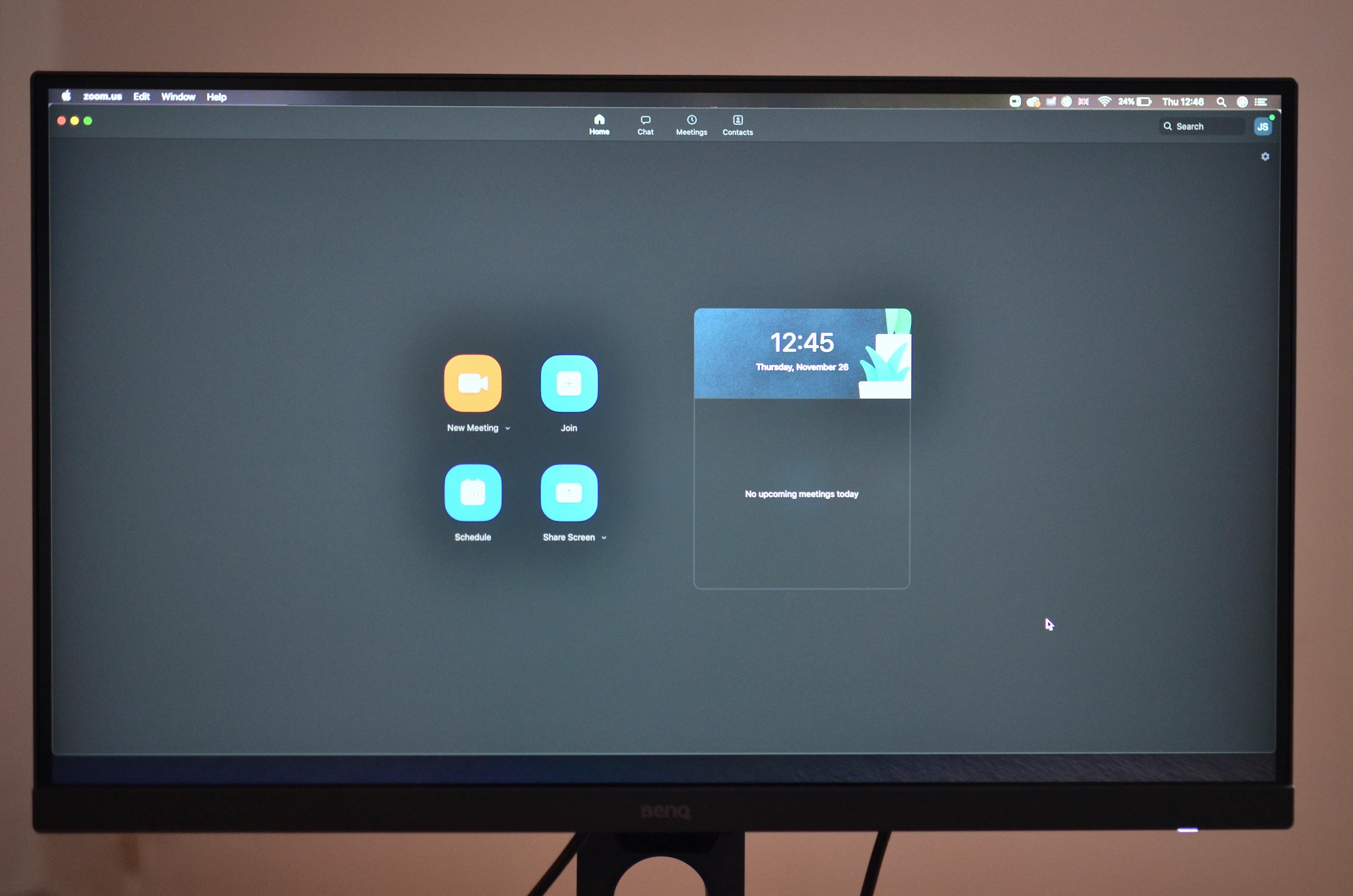Let’s recap on cryptographic security and, if necessary, refer to Part 1.
Bitcoin security is important. Your bitcoin or any other cryptocurrency has a unique address or ID or private key. Therefore, you must realize the importance of keeping it safe. If you lose it, it’s hard to get it back, hence the need to insure it as best you can.
I need to emphasize this clearly as security should be of paramount importance and should not be taken lightly.
There are countless stories of people who have lost access to their computers (either through negligence or wrongdoing) and ultimately been unable to get their bitcoin or other cryptocurrency back. This has to be the equivalent of leaving your wallet vulnerable either through a pickpocket or carelessness when you’re away.
Fortunately, there is a way to be doubly protective of your assets. A secure hardware wallet will ensure that if you are unlucky enough to lose access to your computer or tablet etc. (either way), you will have the ability to get your bitcoin, ethereum, litecoin, etc. back.
A hardware wallet allows you to retrieve your cryptocurrency on any other computer as it is basically a USB connection that you use to secure your transactions.
A second level of security.
Trezor is the original hardware wallet and is easily set up for your bitcoin security. There are other products available, but for the rest of this article I have decided to deal primarily with the Trezor hardware wallet.
The main principle of Trezors bitcoin security is one of zero trust.
Using the Trezor screen, you can independently verify and physically confirm each transaction right on your device.
It also requires a pin from you each time you log in. Thus guaranteeing that it is you who is present at all times.
As a single purpose device, there are no other functions in the wallet.
Simple equations for greater security.
Trezor is no exception to the risk of malware or viruses, period. However, the fewer devices to communicate with Trezor, i.e. no Bluetooth, wifi or Qr code scanning, so the simpler the communication protocol, the more secure your bitcoin security will be.
Also, Trezor has no battery. When it’s unplugged, it’s powered off and your coins are safe from any cyber attacks.
I hope I have emphasized the importance of bitcoin security. The main themes are zero trust and concrete security. Also make sure your backup process is just as secure, i.e. if necessary, make sure someone you trust can explicitly access your data.
